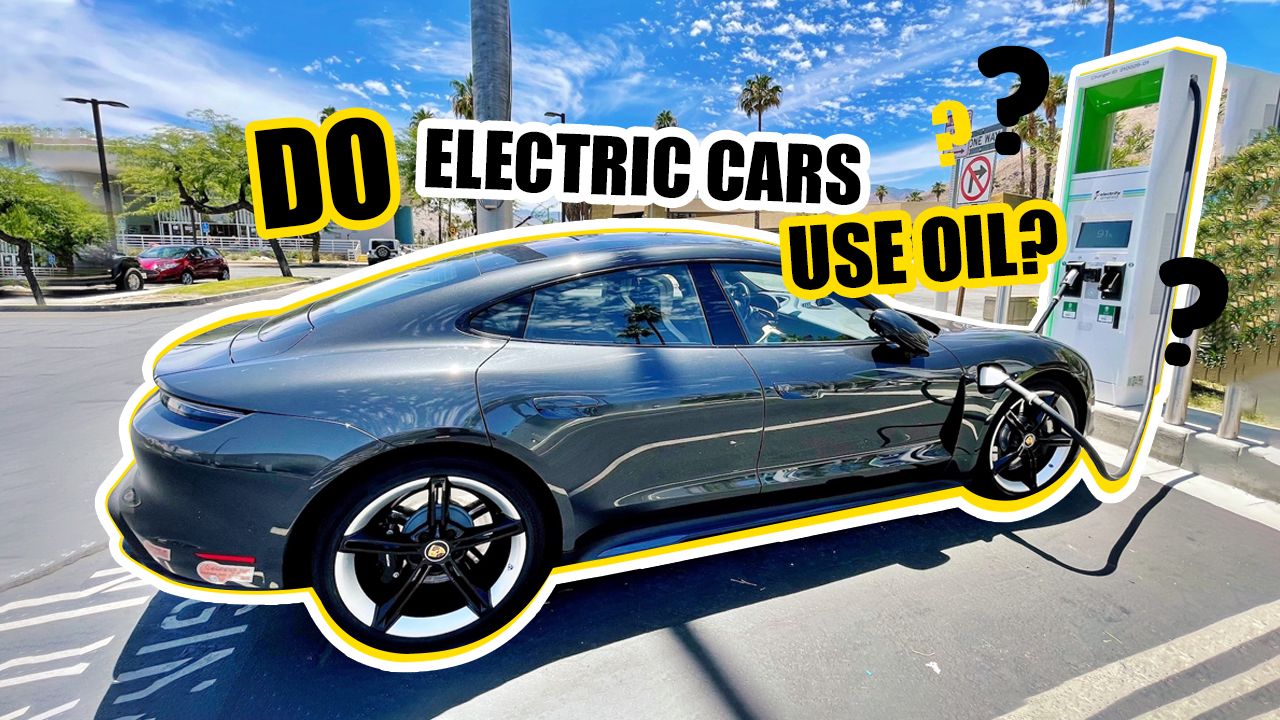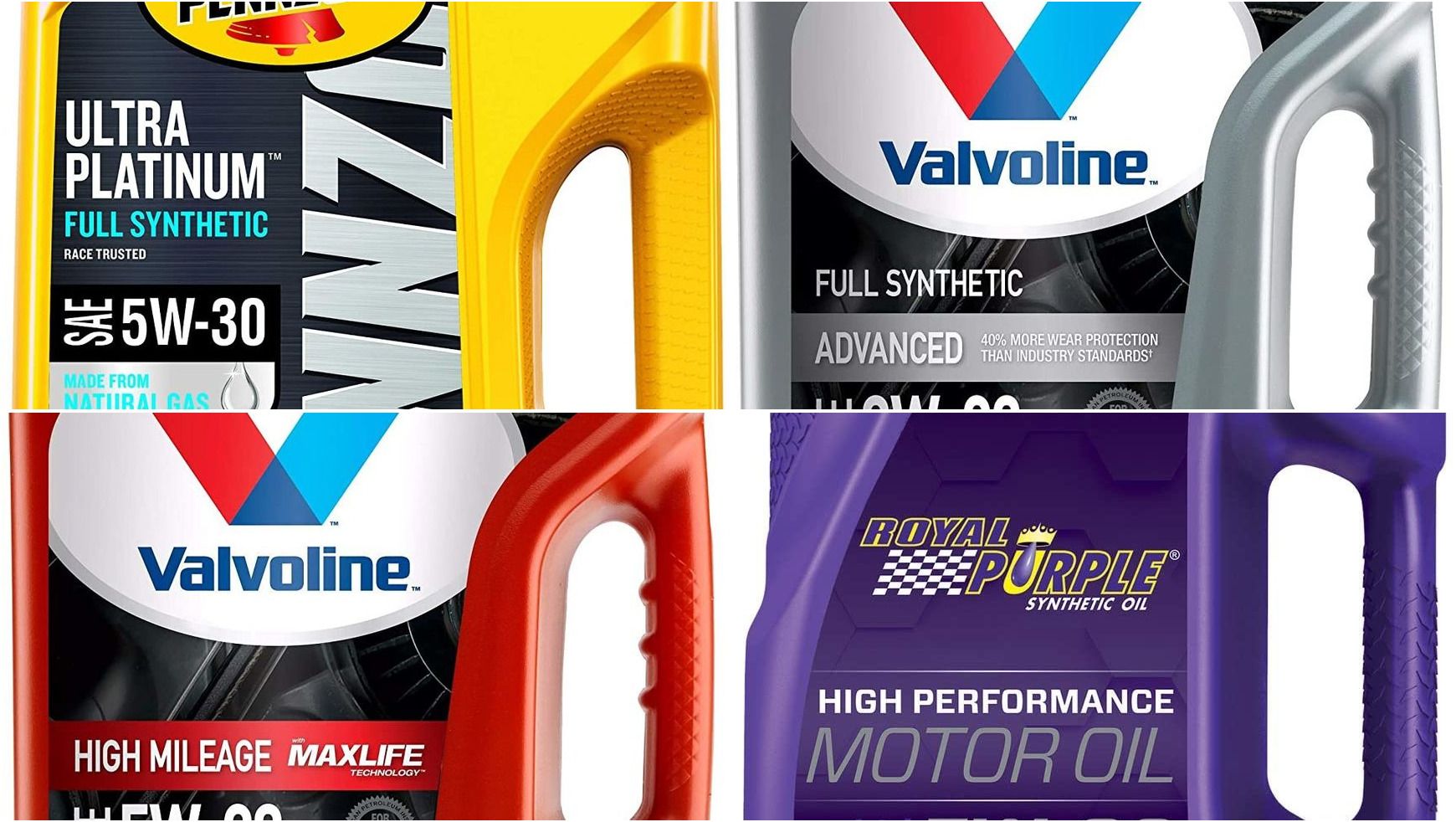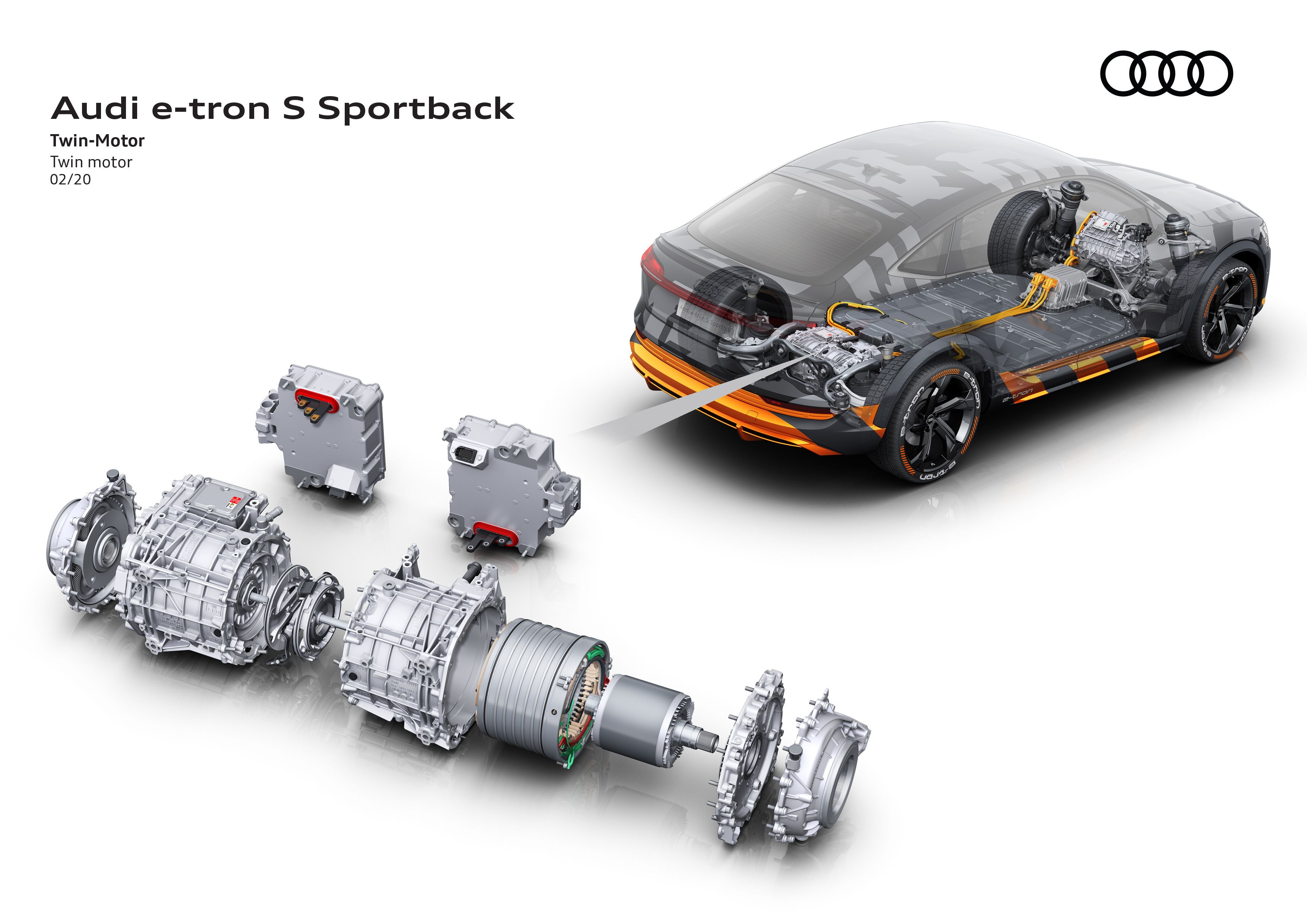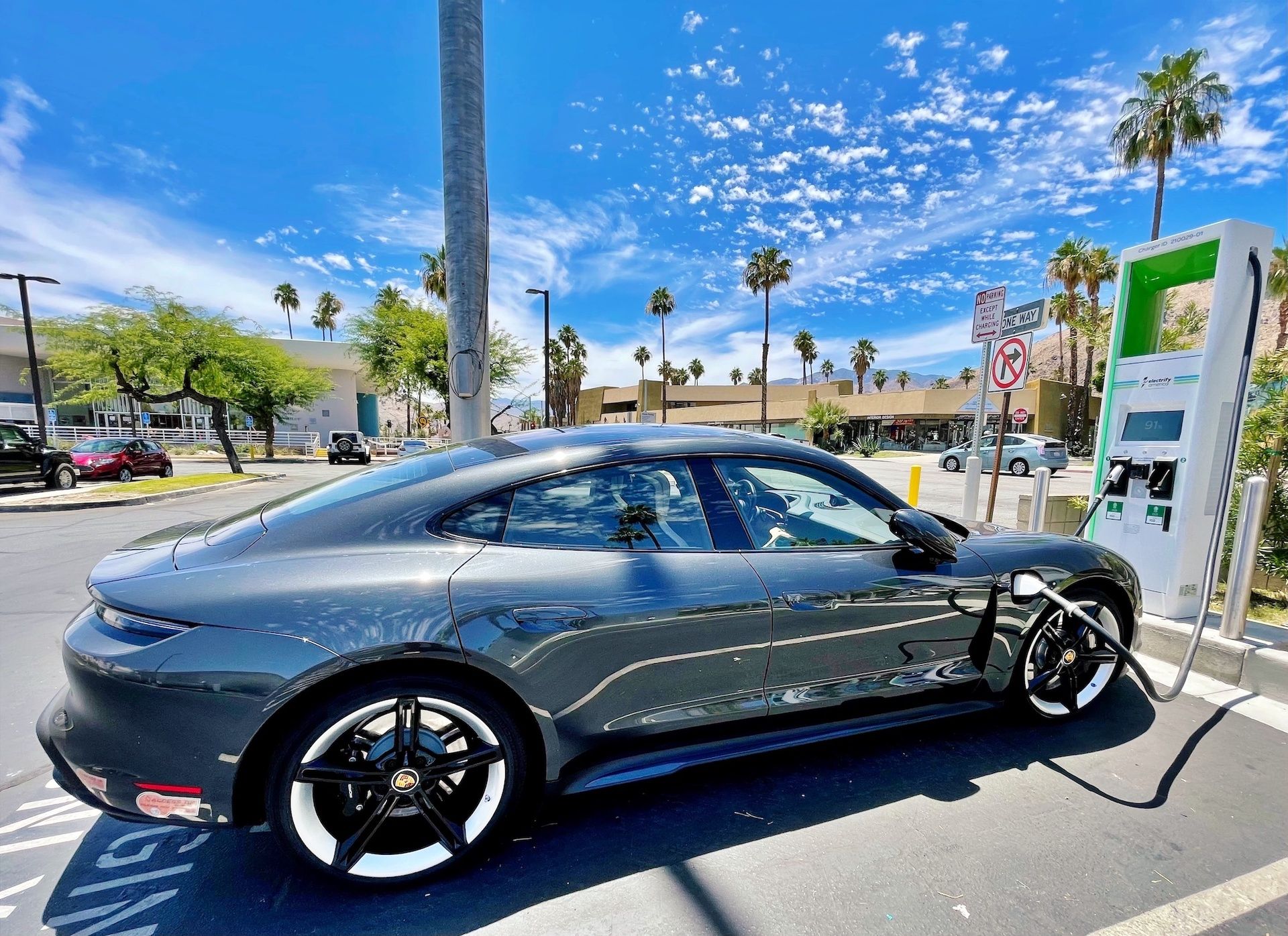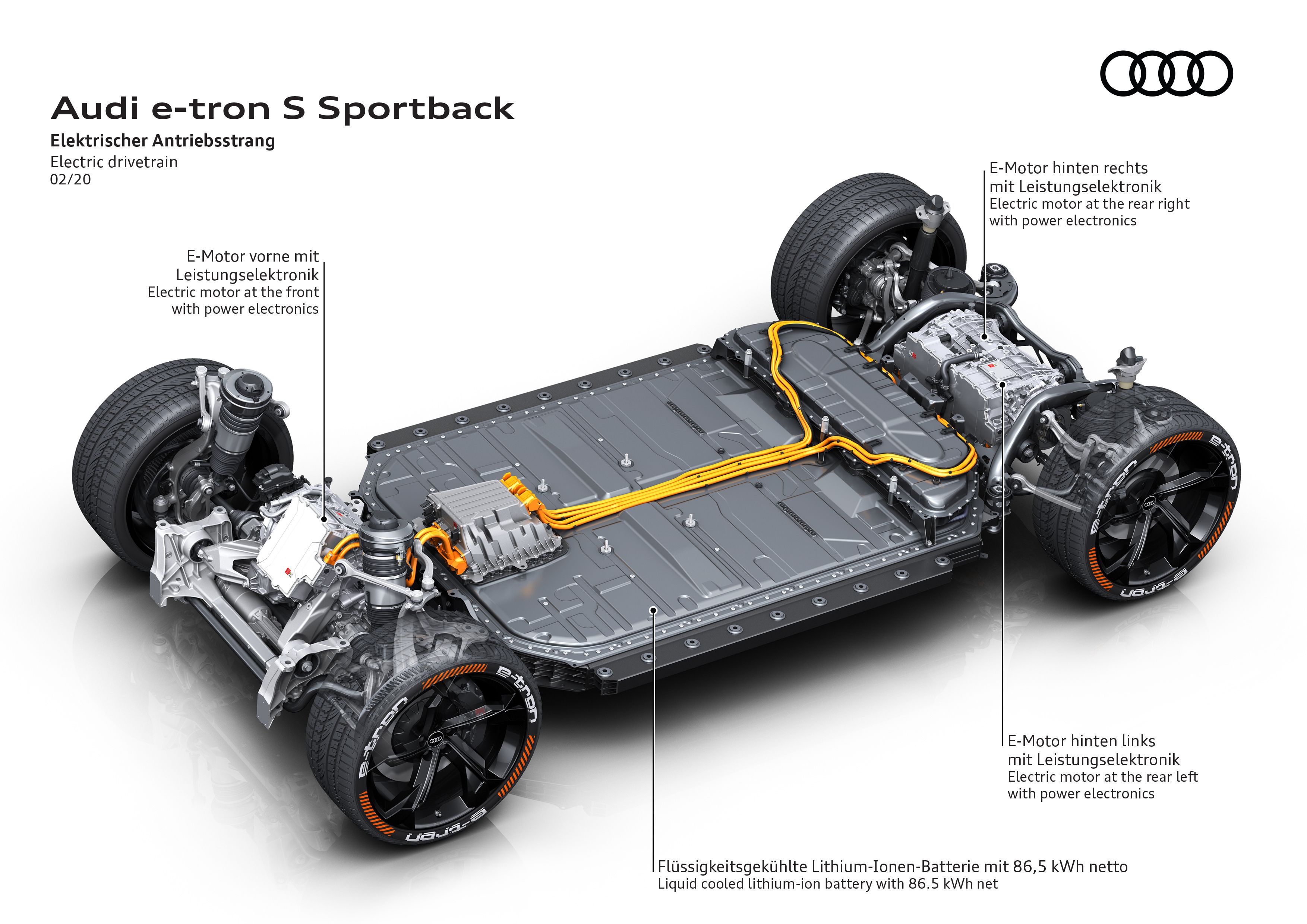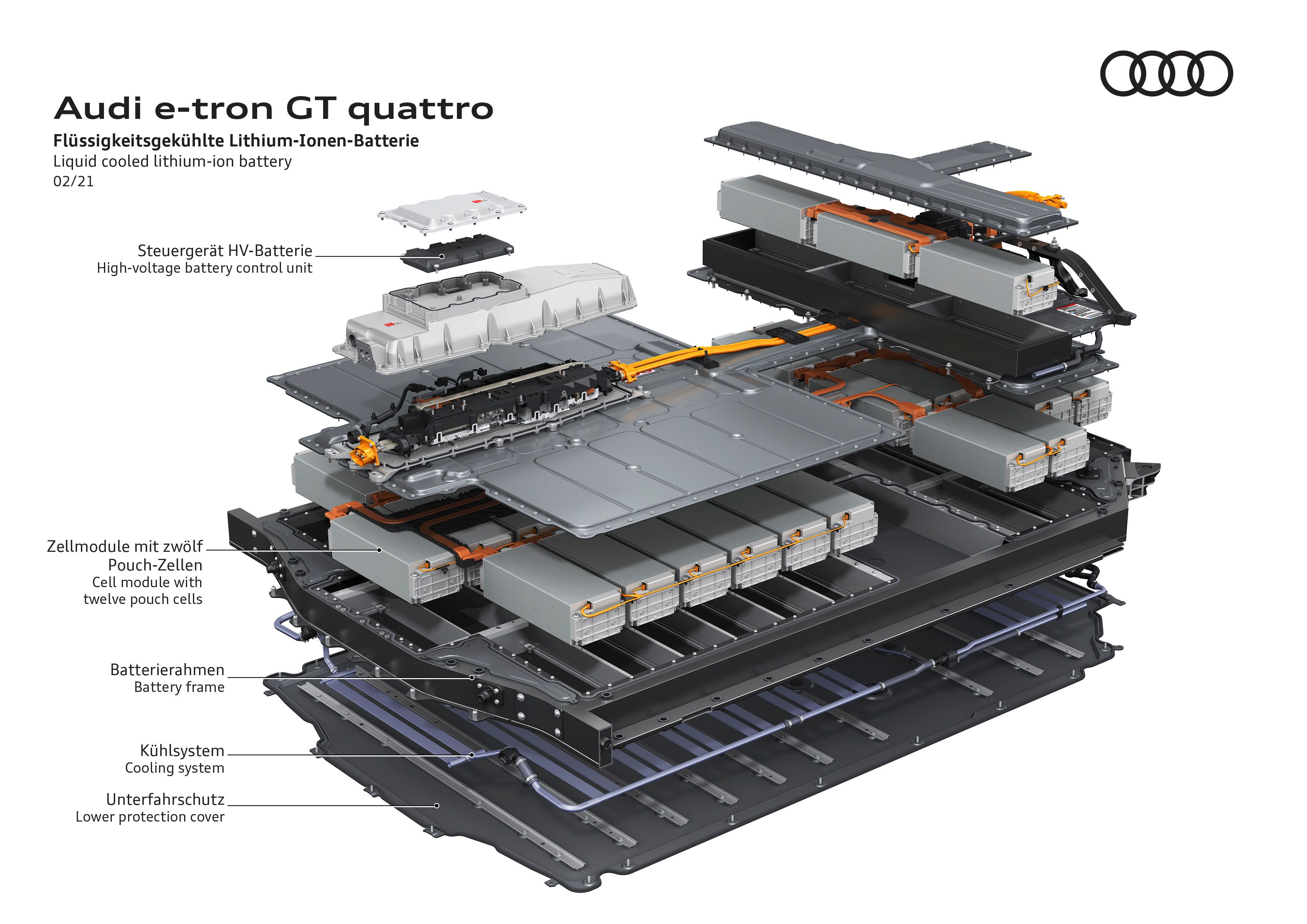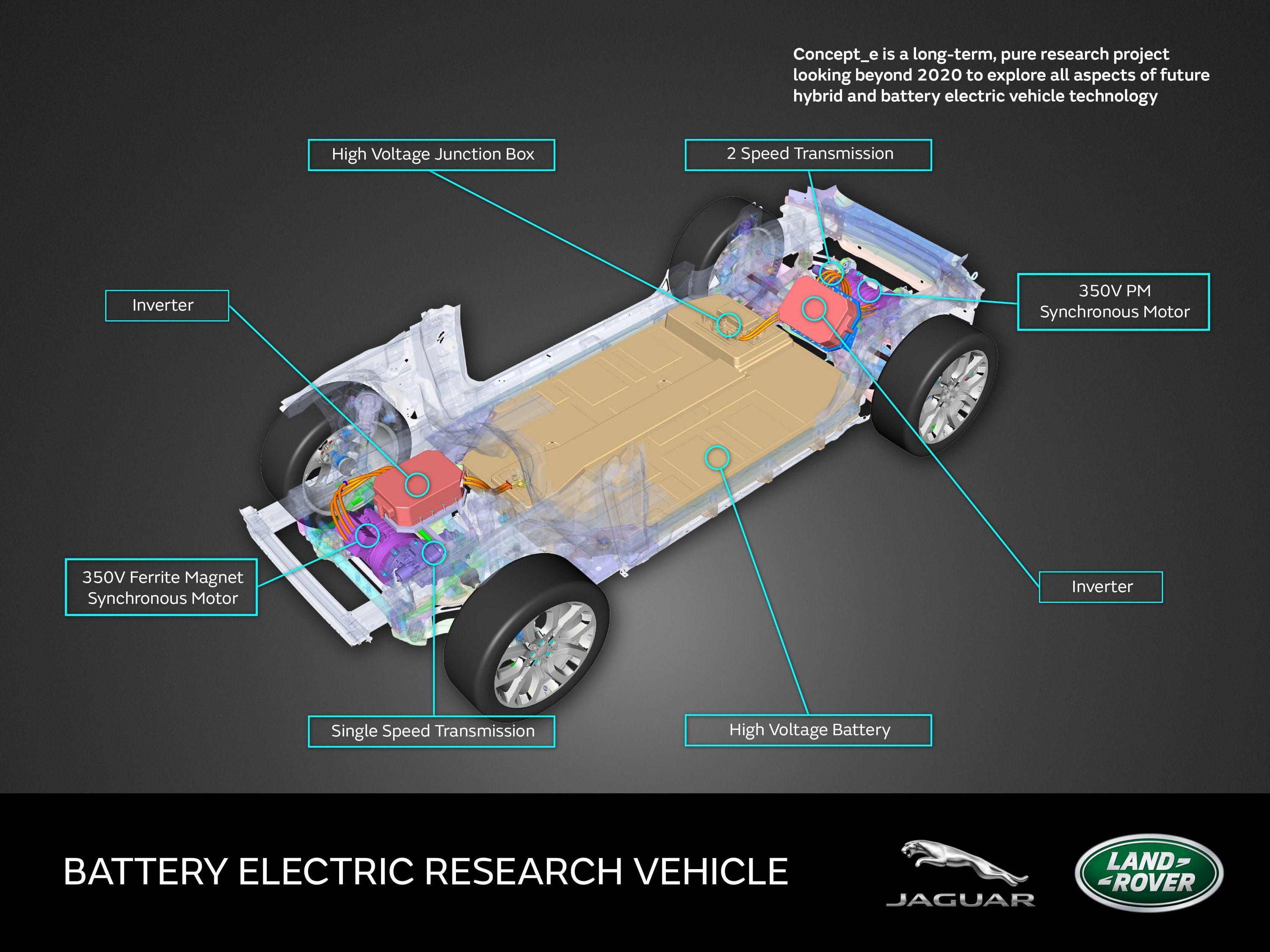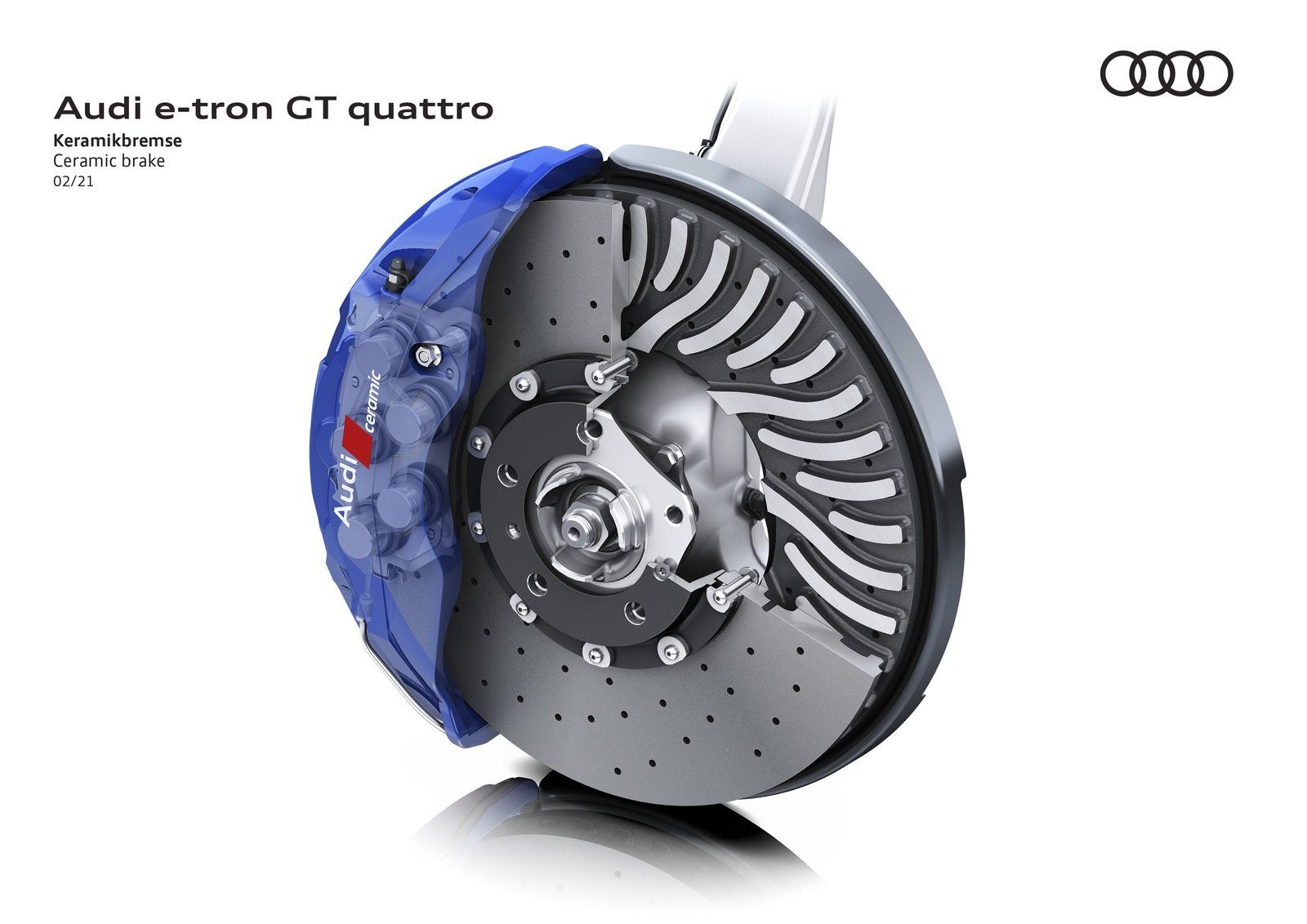With the ongoing climate crisis, ever-increasing gasoline prices, and vying for a low carbon future, the automotive industry is currently undergoing one of its biggest transformations since the early 20th century in the form of electric mobility.
While most of you may be aware of the cost of ownership and routine maintenance of a traditional gas-powered vehicle, EVs too require timely maintenance. Here are the fluids in EV's required to keep your ride in top shape.
Do Electric Cars Need Oil?
Let's address the elephant in the room. Do EV's require motor oil? Well, the simple answer is NO. At least not in the traditional sense.
As you probably know, Oil is a key component required to lubricate the numerous moving elements in a traditional gas-powered car's engine. The oil deteriorates over time as combustion fumes contaminate it, necessitating regular replacement. To mention a few components, the engine in gas-powered vehicles operates using pistons, valves, valve springs, connecting rods, crankshafts, bearings, and cylinders, all of which require oil to minimize friction when these components come into contact with each other.
Reduced friction means less heat, corrosion, and engine wear and tear. In the absence of oil, an engine's components would fight each other instead of working in unison. They will eventually stop functioning and "seize up," at which point it will be time to pick up a new engine or a new car.
How do electric cars use oil?
Properly lubricating an internal combustion engine is not the same as lubricating an EV motor.
The Most Critical Lubricating Sites In Electric Vehicles
The electric motor, auxiliary units, and the central locking mechanism all need lubricating greases. They must survive extreme conditions and tolerate high temperatures as well as rotational speeds in the electric motors roller bearing. Oil is still used on an EV to lubricate components like
-Lubricating Critical Motor Components
-Wheel bearings
-The transmission
-Air conditioning components
-Central locking mechanism
Long-Term EV Ownership & Maintenance
One of the primary advantages of having an electric vehicle is that it has fewer moving components and so requires less maintenance. They do not utilize motor or engine oil since they use electric energy stored in a battery cell to drive the car's motor.
While lubricants play a crucial part in making your gas-powered car smoother it does not imply that electric vehicles are immune to regular maintenance. If you're considering an EV, it would be a good idea to be aware of the vehicle's maintenance requirements before making a purchase decision.
You should consider visiting your dealership on a regular basis, just like with any combustion-engined car, but the types of items being serviced and the expenses will be obviously very different.
In the long run, one of the most concerning aspects is the fact that you might need to replace the batteries after twelve years of constant use. According to experts, electric cars will be able to cover an aggregate of 300,000 miles over the coming years.
With those kinds of miles on the clock, the electric car batteries' capacity would've been reduced to roughly 70% of its former capacity, which experts believe would be enough to irritate owners and consider the electric car batteries deemed dead. The price for a new one? Well, it depends really on the size of the battery pack and will vary across automakers.
Here is a video going over the prices for battery replacement for most mainstream EVs.
Other fluids that need to be changed on an EV
Battery Coolant
Heat is a major issue for electric vehicles, just as it is for gas-powered cars with combustion engines. Coolant fluid is used to regulate the heat generated by your EV's lithium-ion battery. This is one domain in which the process for an electric car and a combustion-engine car is identical. A thorough and exhaustive coolant service is required on an EV, once every seven years. This entails draining, cleaning, and refilling all of the coolant lines in the vehicle.
A good cooling system is required to maintain the lithium-ion batteries in an electric car. Cooling mediums like air and water are insufficient. As a result, the very first coolants, tailor-made for electric vehicles and designed for specific architecture of cells in battery packs, are now being manufactured. Check the coolant fluid level in the car's battery, cabin heater, and power inverter.
Transmission Fluid
As most EVs do not have transmissions, the very same type of fluid-check upkeep that your ICE vehicle receives to replace the transmission fluid is not required. Meanwhile, Porsche's innovative all-electric Taycan treads new ground by adopting a two-speed gearbox, which will presumably require maintenance. As a result, if EVs with gearboxes are developed, transmission fluid replacements will be added to your standard EV service.
The transmission of electric vehicles can encounter some pretty serious speeds at times, causing greater thermophysical stress upon this oil, which is why the Transmission oil for electric vehicles must be very resistant to heat.
Windshield Wiper Fluid
Depending on how frequently you use windshield washing fluid, you may refill it as needed. When your electric vehicle's windshield wiper fluid runs out, or every 5,000 to 10,000 miles, you should replace it. Whereas most electric vehicles can use regular windshield wiper fluid, you should consult your owner's manual and use the fluid recommended based on your local weather conditions.
Brake Fluid
Though the brakes on your electric car will survive for a long time, you must still check the brake fluid. Topping up the brake fluid can reduce the likelihood of a braking system failure. The smooth operation of a regenerative braking system in an EV is dependent on the brake fluid. Normally, the brake fluid in an electric vehicle should be replenished after 25,000 miles. Nevertheless, before replenishing brake fluid, consult the owner's manual of your vehicle for the recommended type.
Should you decide to bleed the brakes yourself, watch out for leaks that you might encounter. If you find that introducing additional brake fluid hasn't done much in solving the problem, take your vehicle to an EV service center right away to have your brake system checked. Even if you don't notice any issues, it is still advisable that you arrange a fluid flush for your car every three to five years.
Oil and the EV Future
While it may appear contradictory, those petrochemicals that have been derived from oil and natural gas have enabled today's Electric vehicles to make significant strides - and their sustained usage should ensure that both EVS and conventional vehicles will grow lighter, faster, and more efficient.
Oil is well known as a fuel source, but petrochemicals offer a variety of other important physical qualities and will play a vital role in the general adoption of electric vehicles by decreasing their weight and boosting their range and efficiency. So, there you have it. While it is true that EV's have far lesser drive components, they do still require regular maintenance in order to perform at their best. Oil, on the other hand, has a very different role to play in an EV.
What maintenance do electric cars need?
Are electric cars cheaper to maintain?
How often do electric cars need to be serviced?
What are the lubrication points on electric cars?
FAQ
Q: Do Electric Cars Need Oil?
Electric cars don't use oil in the same way that traditional gas-powered vehicles do. An EV doesn't have a gas-guzzler under its hood and overall has fewer drivetrains parts. However, there are several fluids and parts within an EV that need to be periodically replaced.
Q: What maintenance do electric cars need?
Just as with conventional ICE cars, electric cars require routine maintenance. Things like the transmission fluid, brake fluid, windshield washer fluid, battery coolant have to be checked or replaced at a specific interval as specified by the manufacturer. Apart from this, you have the routine stuff you'd need to address as with any car, like the suspension, brakes tires, etc.
Q: Are electric cars cheaper to maintain?
While combustion engine cars have hundreds of components to contend with, EV's are far simpler and are hence lighter on your wallet. Having said that, the batteries in an EV hold lesser and lesser charges over time and a battery replacement can be quite expensive, somewhere in the ballpark of $10,000 to $15,000.
Q: How often do electric cars need to be serviced?
With fewer moving parts, the service schedule for an EV may vary compared to an ICE car. It's always a good idea to consult your owner's manual and stick to the schedule specified by the manufacturer. It is always advisable that you stick to your dealer while your car is still under warranty and then find a specialist who deals with EVs.
Q: What are the lubrication points on electric cars?
The parts that require lubrication and fluid changes in an EV include components like transmission, wheel bearings, central locking, and AC components.

